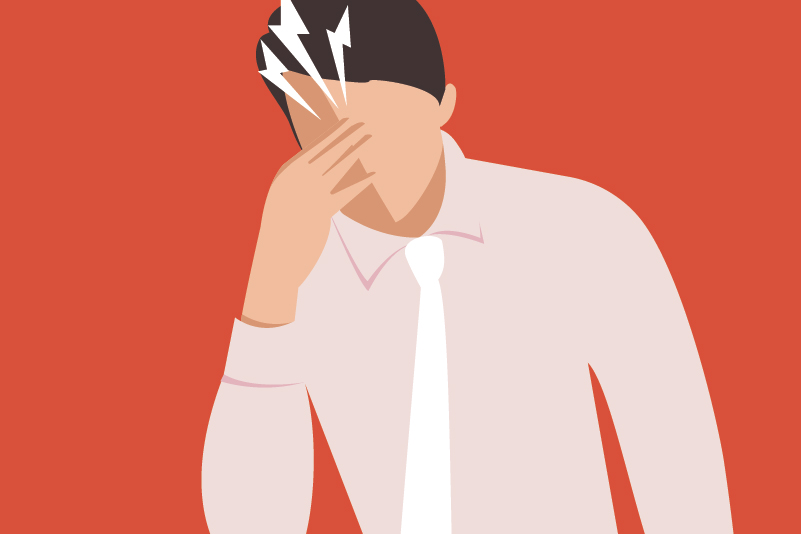#51 Antidepressants for preventing headaches: Which work and how well?

Reading Tools for Practice Article can earn you MainPro+ Credits
Join NowAlready a CFPCLearn Member? Log in
- Tricyclic antidepressants (TCA):1 37 trials (17 tension, 13 migraine, rest mixed); 3,176 patients, mean age 40, 73% female.
- Versus Placebo, daily TCA resulted in statistically significant:
- Reduced “burden of headache” (standard mean difference -0.96, -1.39 to -0.53).
- More patients experienced 50% reduction in headaches: 38.4% versus 24.9%, Number Needed to Treat (NNT)=8.
- Both migraine and tension type benefited.
- Benefit improved with time.
- Higher adverse events with TCA (NNT to harm=5) but no difference in withdrawal.
- Versus Selective Serotonin Re-uptake Inhibitor (SSRI): TCA’s were superior.
- Versus other agents: Limited data but direct comparisons suggest no efficacy difference between TCA and topiramate (two trials) or beta-blockers (three trials).
- Versus Placebo, daily TCA resulted in statistically significant:
- No evidence to support the use of SSRI or SNRI antidepressants for migraine prophylaxis:2 11 trials, 585 patients.
- A review of all medications for migraine prophylaxis places amitriptyline (with propranolol and nadolol) as first line agents.3
- Dual benefits with amitriptyline can be achieved when patients have co-morbid depression and/or early insomnia.3
- Blood pressure medicines for headache prophylaxis are covered in the next Tools for Practice (#52).
- Majority of TCA trials used amitriptyline (30 of 37 trials) at doses of 10-150 mg, mean 80 mg)1
- Slow titration can maximize benefit while limiting adverse events.
- Beta-Blockers, some anticonvulsants and some blood pressure medications (other than just beta-blockers) have also been shown to be effective for migraine prevention.4-6
- For example, NNT is 4-7 for topiramate producing 50% reduction in migraine frequency.4















Drowsiness limits elavil use for many
would be interested in whether nortriptyline works as well, possibly fewer s/e